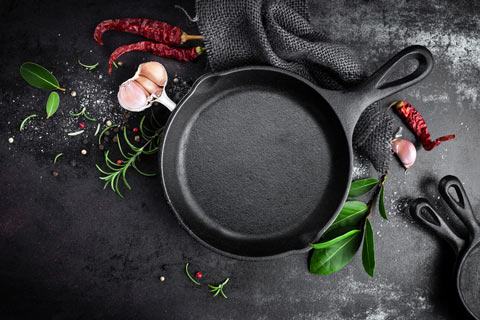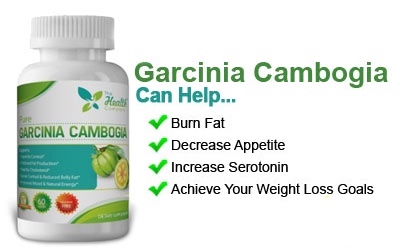
Are your eggs sticking to your once beautiful cast iron skillet? Most likely, it's time to take the stress out of flipping your food by re-seasoning your pan. After just a few minutes of prep time and a peaceful hour of baking in the oven, your skillet will be ready to take on any cooking challenge you can come up with.
Benefits of Cast Iron
There are some great benefits to cooking with cast iron. Don't dismiss it as just your grandma's cookware. Consider this:
- Cast iron is one of the only types of cookware that you will probably never have to replace. It is exceptionally durable and virtually indestructible.
- You can easily take a dish from stovetop to oven with a cast iron pan.
- You don't have to use as much oil to cook on a piece of well-seasoned cast iron.
- Teflon and other nonstick pan surfaces may not be healthy for preparing food. Care must be taken to use non-metal utensils, so the nonstick chemical isn't released into the food.
- Cast iron fortifies the food cooked in it with iron. This is important for many people who may be iron-deficient or have difficulty getting enough iron into their diets.
Seasoning Your Cast Iron Pan
Whether your cast iron is brand new or several months old, it is important to season the pan to ensure its best performance. If you put it off, it will only make your life more stressful. Eggs will be torn into pieces, your pancakes will suffer, and worse—the beautiful caramelization on your chicken and steaks will stick right to the pan when it's time to flip. Avoid these heartaches by seasoning your pan when it's new, then adding a thin layer of oil every time you're done using it.
You may also need to re-season your pan if you accidentally scrub the seasoning off or forget to season it after cooking for a while. At the first sign of your food sticking, re-season your pan.
Below is a basic re-seasoning method. Refer to any instructions that came with your cast iron for any differences.
Instructions:
- Preheat oven to 350˚.
- Scrub cast iron pan with a mixture of coarse salt and a tablespoon or two of oil (I used vegetable).
- Rinse thoroughly with hot water, and then dry completely with paper towels.
- Coat the inside of your pan, including both the bottom and sides, with a thin layer of oil of your choice (coconut, olive oil, shortening, etc.).
- When oven has preheated, place cast iron upside down on a center rack. Place a large sheet of foil on the rack below the pan to catch any excess oil that may drip off.
- Bake for one hour, and then turn off the oven. Do not remove your cast iron pan from the oven until it has cooled completely.
- Your pan is now ready for use. However, you may choose to repeat the process two to three times to increase the durability of the oil coating, creating a strong and beautiful black sheen.
After cooking, remove any pieces of food from the pan with hot water and a metal utensil. Dry thoroughly, and then spread a thin layer of oil onto the pan.
You May Also Like These Articles/Recipes:
GABA Rice: Germinated or Sprouted Brown Rice
The Great Dairy Debate: Is Milk Good or Bad for You?
Red Rice: What Is It and Is It Good for You?
Refined Carbs: What Are They and How Do They Hinder Weight Loss?


